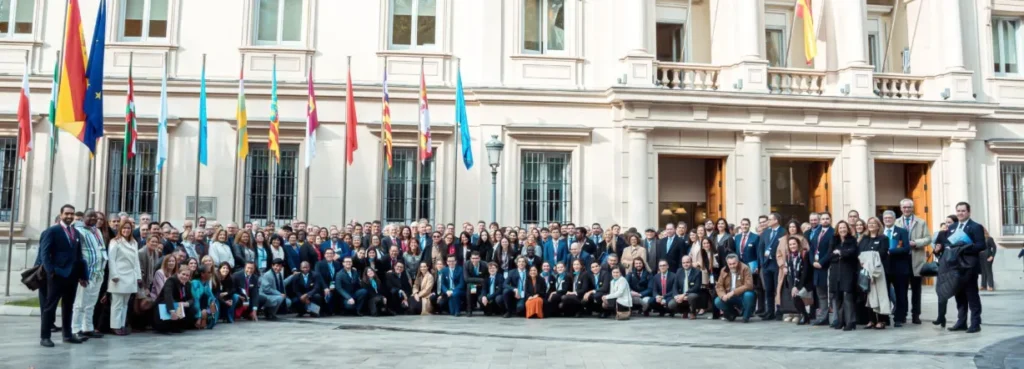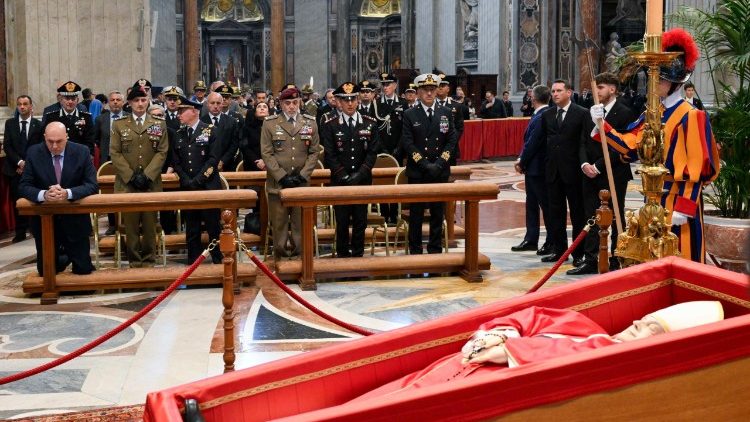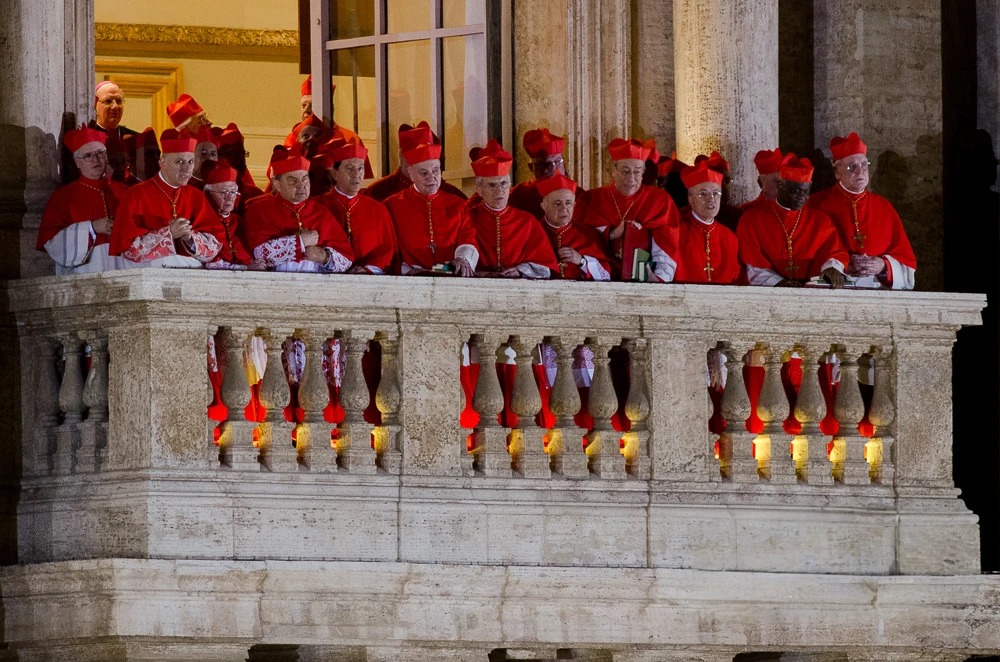VI Transatlantic Summit for freedom and the culture of life: reflections and tensions in the Senate
Last Monday, the Senate of Spain hosted the “VI Transatlantic Summit for Freedom and the Culture of Life”, organized by the Political Network for Values (PNfV). This international meeting brought together nearly 300 political and civic leaders from 45 countries under the motto “For Freedom and the Culture of Life”. The first edition of this […]

Last Monday, the Senate of Spain hosted the “VI Transatlantic Summit for Freedom and the Culture of Life”, organized by the Political Network for Values (PNfV). This international meeting brought together nearly 300 political and civic leaders from 45 countries under the motto “For Freedom and the Culture of Life”. The first edition of this event was held in 2014 at the United Nations (UN) headquarters in New York, and the 2024 edition has established itself as the most attended in its history.
Some of the countries represented in this edition were Argentina, Brazil, Mexico, Spain, Poland, Kenya, Nigeria, and Canada, among others. The participants discussed fundamental issues such as human dignity, citizens’ freedom and the family’s strengthening.
Defending life in the face of adversity
Jaime Mayor Oreja, honorary president of the PNfV in Spain, encouraged the attendees to persevere in defending the right to life, stating that “we are winning, despite the dominant, rabid and angry fashion towards us.” He also criticized what he called a campaign of misinformation and contempt towards Christian values, describing the current moment as a fight against “historical manipulation and contempt for biology and science.”
The congress, however, was not free of controversy. Days before it was held, the Socialist Group of the Senate, together with other formations such as ERC, EH Bildu and PNV, presented a motion to withdraw the authorization of the event. According to its promoters, the summit promoted “an ideology incompatible with current legislation” and represented “a regression in the sexual and reproductive rights of women.”
The Minister for Equality, Ana Redondo, described the event as “infamous” and criticized its holding in the Senate, stating that this space would not be allowed to become “a theme park for the far right”.
Controversy in the media and polarisation
From the Bioethics Observatory, we must warn of the use of derogatory terms by some media outlets when referring to the organisers and attendees of the summit. Expressions such as “ultra-Catholic far right”, “crusade against rights” or even “homophobes related to dictatorships” were used to describe the participants.
On the other hand, the debate around the number of attendees is also significant, with media outlets reporting disparate numbers ranging from 200 to 300 people. This lack of consensus reflects the polarisation surrounding this type of event, where not only ideals are questioned, but also the legitimacy of those who defend them.
A necessary but polarized debate
This event highlights a recurring phenomenon in our country: contempt for positions contrary to the dominant narrative. It is paradoxical that those who proclaim themselves defenders of rights and freedoms do not respect divergent opinions, contributing to an environment of growing polarisation.
Reactions of contempt, insult or widespread disqualification, together with the use of clichés such as “far-right, fascism or homophobia”, in order to discredit those who disagree instead of arguing against divergent positions, are typical of those who, lacking arguments, avoid the debate of ideas by taking refuge in the contempt of those who do not share them.
It should not be forgotten that at the heart of the issue addressed at this summit must be the defense of the right to life of the weakest, which contributes to progress and respect for the dignity of all. Positions that defend abortion or euthanasia, among other forms of attack on human life, violate the first of all rights, the right to life, placing them far from positions of progress.
From the Bioethics Observatory, we reiterate the importance of promoting a respectful dialogue based on calm argumentation, scientific evidence and listening to those who dissent, especially on issues that touch on fundamental questions such as life, freedom, family and human dignity.
Julio Tudela – Cristina Castillo – Bioethics Observatory – Institute of Life Sciences – Catholic University of Valencia
Related

The heart of the Church beats between mourning and hope
Exaudi Staff
24 April, 2025
2 min

What is a Conclave? The Process That Elects the New Pope
Exaudi Staff
24 April, 2025
7 min

Current Status of the College of Cardinals
Exaudi Staff
23 April, 2025
14 min

The Challenges of the Next Pope and the Path of Grace
Javier Ferrer García
23 April, 2025
4 min
 (EN)
(EN)
 (ES)
(ES)
 (IT)
(IT)

